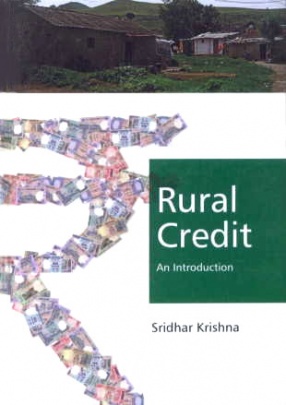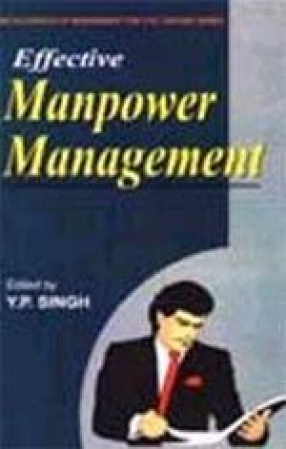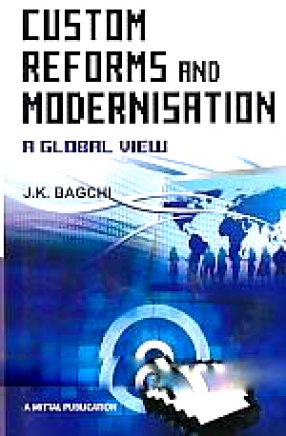Micro-enterprises help low income people to escape poverty. Women owned businesses are one of the fastest growing sectors of micro-enterprises. Economic growth, stability and equity can be achieved significantly through micro-enterprises. Micro-enterprise support programs aim to help people of modest means to start, strengthen, and/or expand very small businesses. Micro-enterprises can prosper only if financial services are available. Several international financial institutions such as the Inter-American Development Bank, The Asian Development Bank and the European Bank for Reconstruction and Development have a strong record in offering financial services to micro and small enterprises. Social Return on Investment is used as a tool to measure and convey the impact of a micro-enterprise. Micro-enterprises encourage self-employment to a large extent. Microentrepreneurs have limited education and have limited access to formal capital and also limited access to markets. Micro-enterprise development and microfinance have been widely adopted as anti-poverty strategies in most of the developing countries. Micro-Insurance business is primarily geared towards the unorganized sector. In India, the micro-enterprises have included among others, vegetable and fish vending, dairy farming, ”poultry breeding, pottery, handloom, readymade garments, soaps, jams, masalas and pickles, phenyl, nutrition mixes, paper bags and envelopes”. There is no division of labor in micro-enterprises, since the micro-entrepreneurs, regardless of the activity, are involved in management, production, purchase of inputs and distribution. In a world where the government plays a smaller role, the entrepreneurial spirit which the Micro-enterprise represents assumes significance for its contribution to both output and employment.
Micro-Enterprises: Perspectives and Experiences
In stock
Free & Quick Delivery Worldwide
reviews
Bibliographic information
Title
Micro-Enterprises: Perspectives and Experiences
Author
Edition
1st ed.
Publisher
ISBN
8131412819
Length
252p.
Subjects








There are no reviews yet.